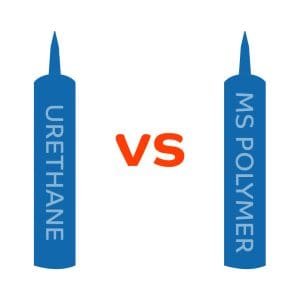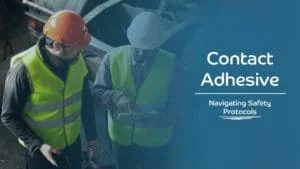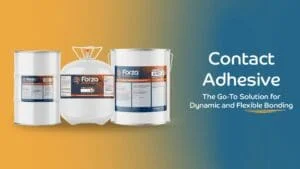Deciding Between Urethane and MS Polymer Sealants: The Pros and Cons
When it comes to sealants, two popular options are urethane and MS polymer. While both are used for bonding and sealing applications across various industries, there are some key differences between the two.
Urethane-based sealants are known for their good tooling properties, but they also contain solvents and have a longer curing time. MS polymer sealants are 100% solids, contain no isocyanates or solvents, and have a faster curing time. They also boast excellent UV resistance, making them less likely to become brittle over time, and have a permanently elastic nature even at low temperatures, providing a stronger final bond
strength than urethane-based sealants.
When choosing between urethane and MS polymer adhesive sealants, it ultimately depends on the specific application and substrates you’re bonding or sealing. To ensure you’re using the best sealant for your project, contact us for a consultation and our expert team will provide you with a tailored recommendation.




